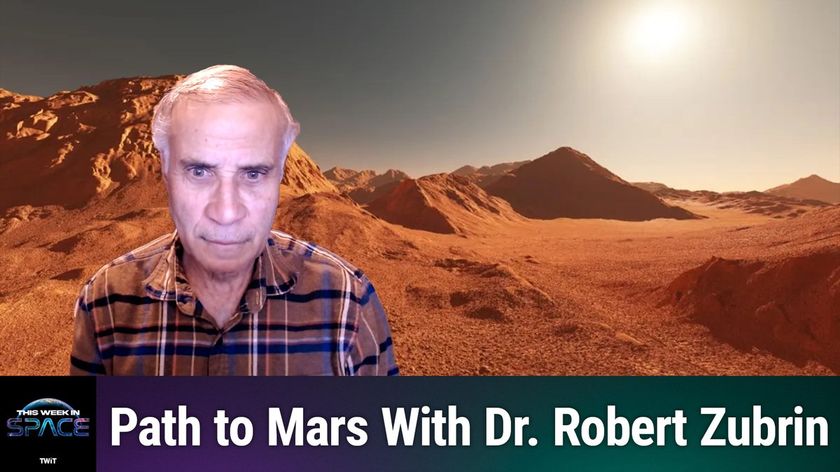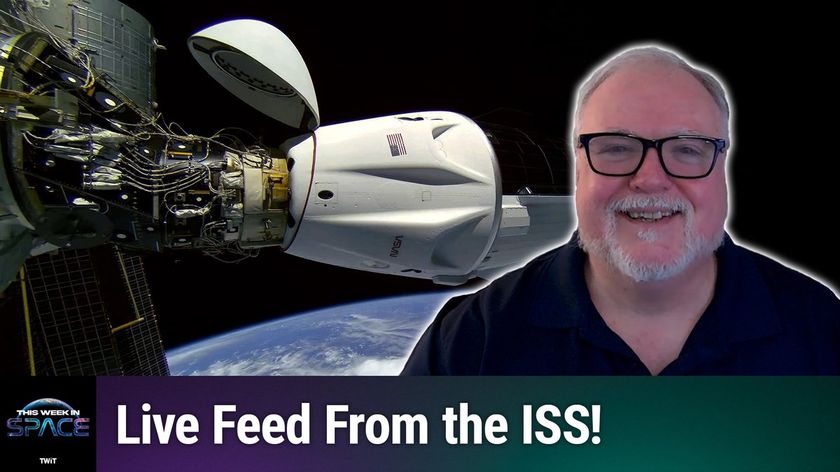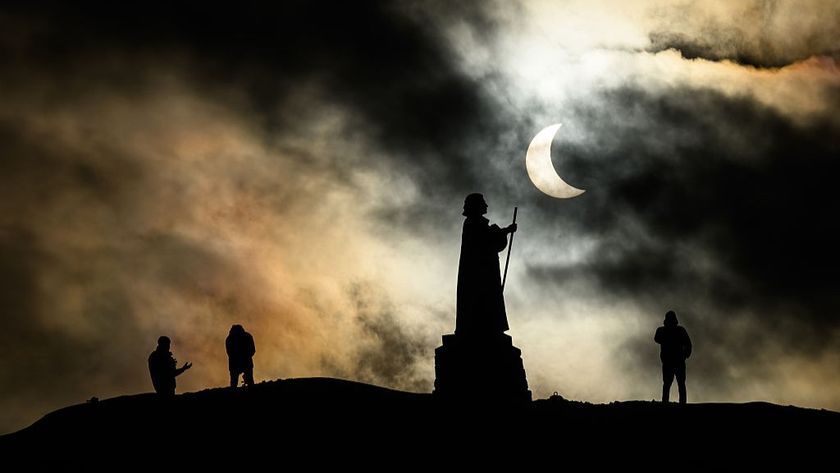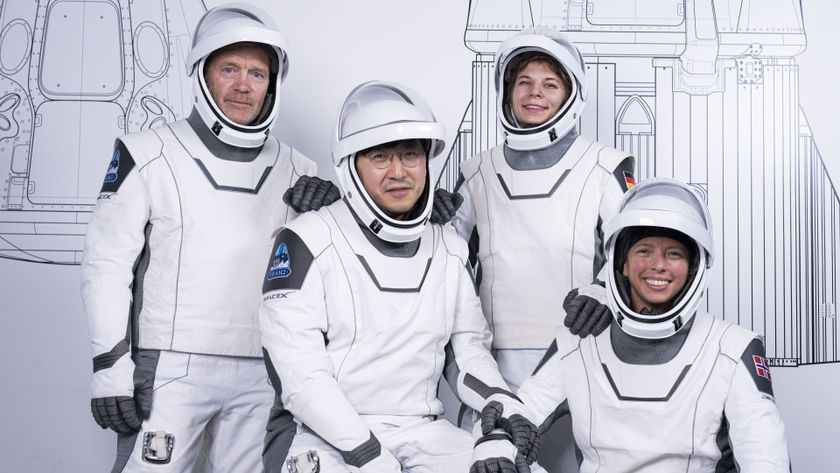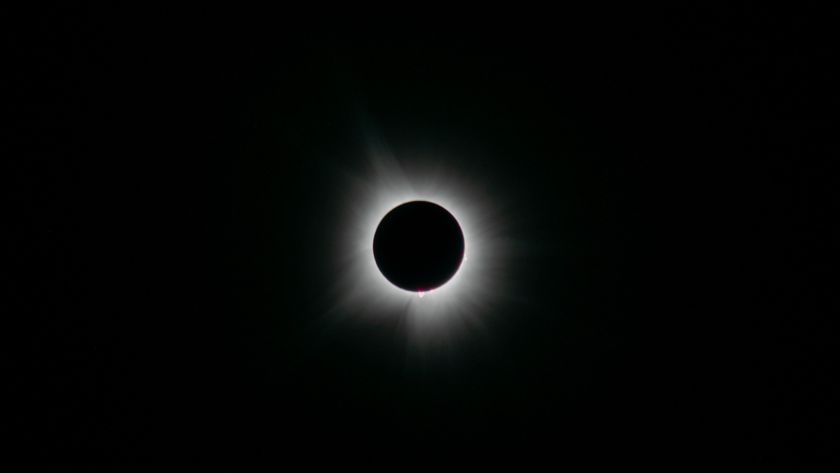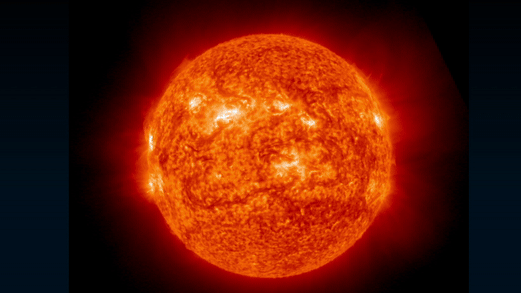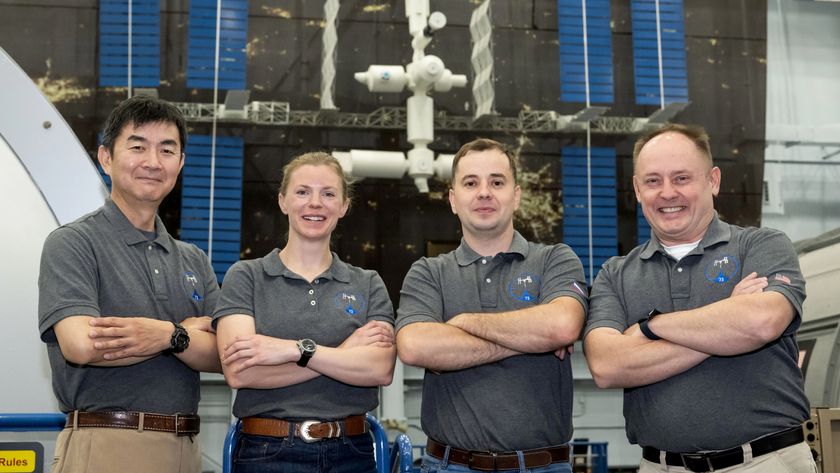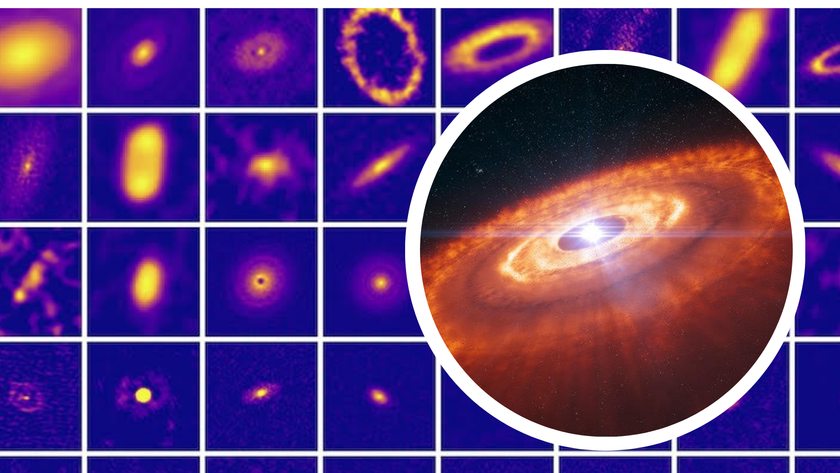Jupiter Science Rules! Bill Nye the Science Guy Launches New Web Series
Update: NASA's Juno spacecraft has succesfully zipped by Earth on its way to Jupiter. See our full story here: NASA Spacecraft Slingshots By Earth On Way to Jupiter, Snaps Photos
Consider the following: Bill Nye the Science Guy is the star of a new science series.
The now-CEO of the Planetary Society (and former host of a beloved 1990s TV show) now hosts "Why With Nye", an eight-part YouTube series focusing on NASA's Juno mission to Jupiter. The series launched on the THNKR channel Oct. 8, the day before Juno was expected to make a swing by Earth.
"It launched from the Earth, way out into space, beyond the orbit of Mars and today it's falling back, toward the Earth," Nye says in the episode of the web series devoted to the Juno flyby. "We're going to use the orbital motion of the Earth, and this flyby of the Juno spacecraft, to get enough energy to escape the pull of the Earth and more importantly, the pull of the sun." [See photos of NASA's Juno mission to Jupiter]
Nye enthusiastically makes whooshing noises to illustrate the motion, then quickly adds that because the probe is in outer space, there would actually be no sound because of the lack of air.
Juno's swing by Earth is expected to boost the spacecraft's speed to 87,000 mph (140,000 km/h) with respect to the sun, from its past speed of 78,000 mph (126,000 km/h). The spacecraft will later hit a top speed of 165,000 mph (250,000 km/h) relative to Jupiter.
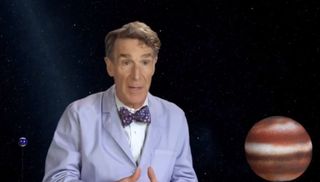
Although NASA itself will stay silent during the event — the agency's website and social media feeds are silenced amid the larger government shutdown — critical agency employees are on hand to oversee the flyby. Additionally, there will be plenty of scientific activity happening during the event.
Get the Space.com Newsletter
Breaking space news, the latest updates on rocket launches, skywatching events and more!
Astronauts on the International Space Station will try to catch Juno on video. If they're successful, it will be the first time anyone in space has filmed a deep-space spacecraft arriving at Earth. Meanwhile, South Africans can see Juno cruise by with the naked eye at about 9:21 p.m. local time, and ham radio operators worldwide will send out a co-ordinated Morse message for the spacecraft to detect.
Juno will arrive at Jupiter on July 4, 2016 for a 33-orbit primary mission. It will work to learn more about Jupiter's early history through examining the planet's present-day atmosphere, structure, magnetic environment and other parameters.
"We are thrilled to have Bill Nye help connect the science community and the rest of the world to share in the promise of this historic mission to Jupiter," said Scott Bolton, Juno's principal investigator and a space physicist at the Southwest Research Institute, in a statement.
"Juno will help humans explore how Jupiter dictated the distribution of the elements and molecules to eventually create Earth and possibly, life itself."
Watch Bill Nye's new web serieson YouTube.
Follow Elizabeth Howell @howellspace, or SPACE.com @Spacedotcom. We're also on Facebook and Google+. Original article on SPACE.com.
Join our Space Forums to keep talking space on the latest missions, night sky and more! And if you have a news tip, correction or comment, let us know at: community@space.com.

Elizabeth Howell (she/her), Ph.D., was a staff writer in the spaceflight channel between 2022 and 2024 specializing in Canadian space news. She was contributing writer for Space.com for 10 years from 2012 to 2024. Elizabeth's reporting includes multiple exclusives with the White House, leading world coverage about a lost-and-found space tomato on the International Space Station, witnessing five human spaceflight launches on two continents, flying parabolic, working inside a spacesuit, and participating in a simulated Mars mission. Her latest book, "Why Am I Taller?" (ECW Press, 2022) is co-written with astronaut Dave Williams.

